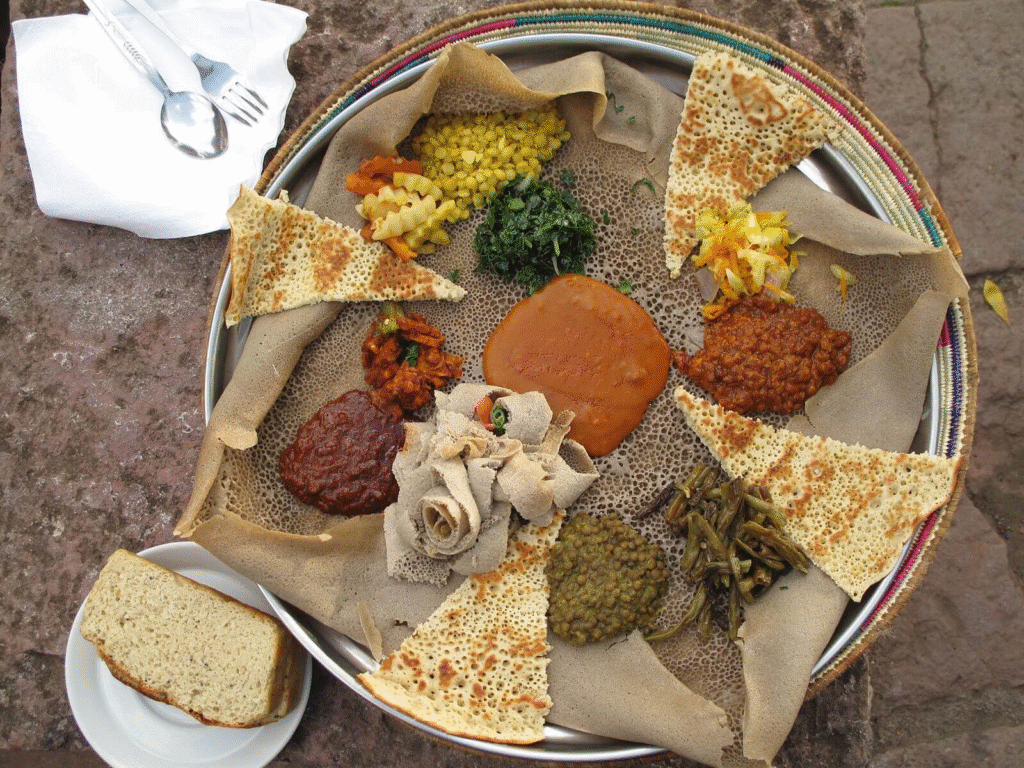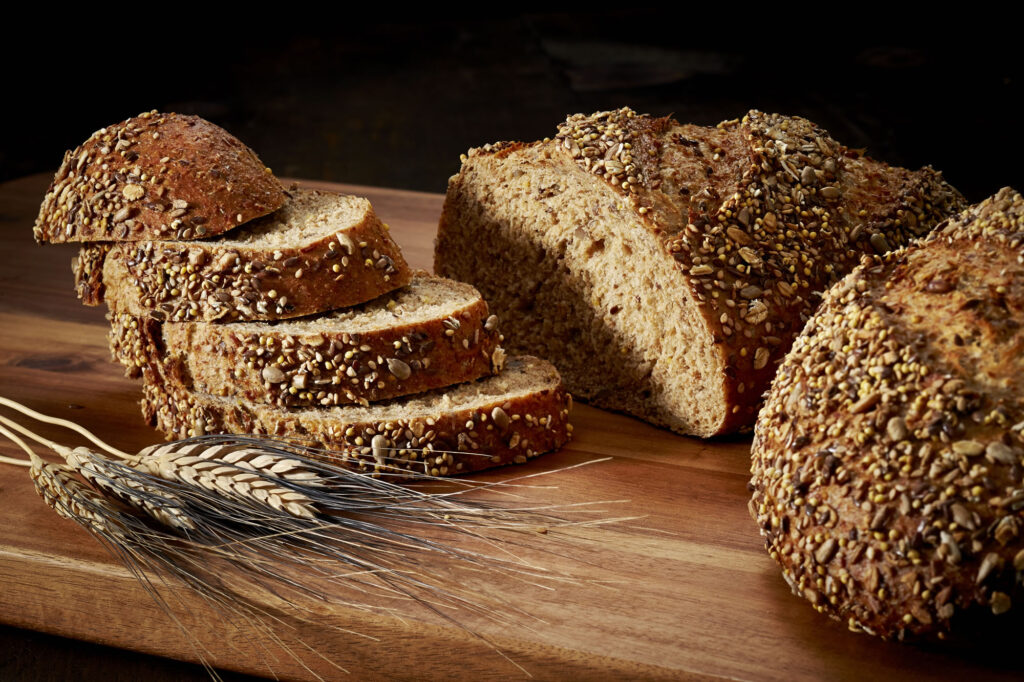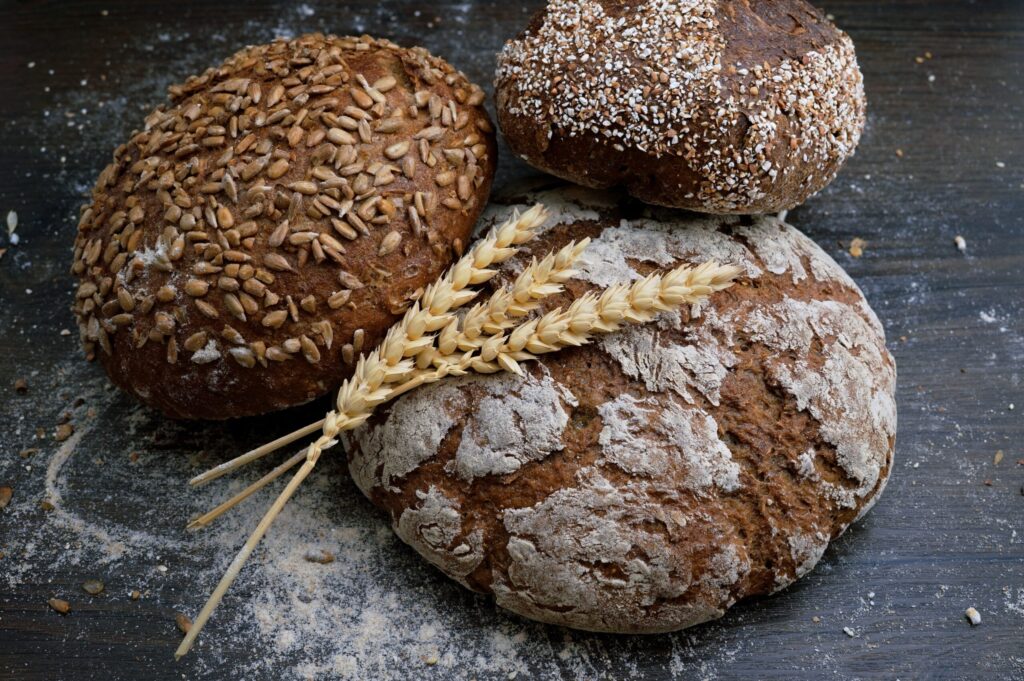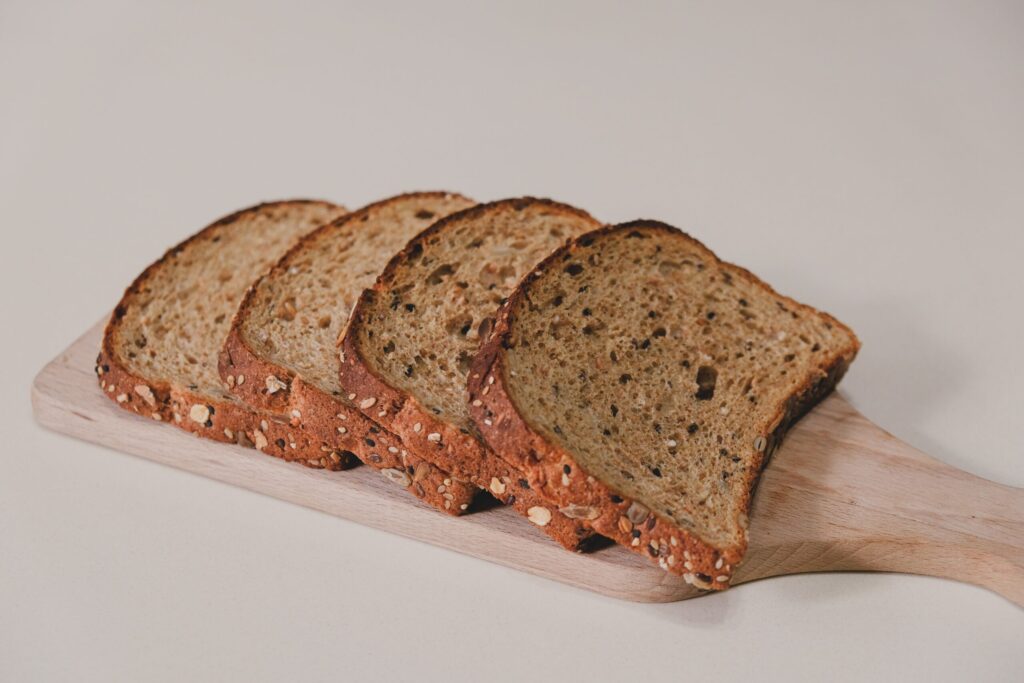Seven Easy Ways to Increase Oxytocin: The “Feel Good Hormone”

Sometimes referred to as the “love hormone,” oxytocin is a powerful natural biochemical with physical and psychological effects. Acting as both a hormone (affecting the endocrine system) and a neurotransmitter (affecting the nervous system), oxytocin is well known for enhancing sexual behavior, reproduction, childbirth, breastfeeding, and maternal bonding. Perhaps less well known is the role […]
A Humble Food That Nourishes Us On All Aspects Of Being

In my last post, I shared some of the many benefits of whole grains. From helping to protect against cancer and heart disease to improving digestion and metabolism, whole grains are essential to a healthy diet. Of all forms of grain, bread is the most commonly consumed in many countries. Whether it’s a loaf of […]
The Health Benefits of Whole Grain Bread

Whole Grain, Stone Ground, Organic Bread: It’s Good For You! If you’ve been reading my blog, you already know that I’m a big proponent of including grains in our daily diet. Not just any grains, though. Grains that are healthful for us are organic, whole grains, enjoyed either in their whole form or as freshly […]
The Many Health Benefits Of Bread

“There are people in the world so hungry, that God cannot appear to them except in the form of bread.” ~Mahatma Gandhi In my post last week on the many benefits of bread, I promised that I would share with you more in-depth information on the particular health benefits of bread. As I discussed in […]
Bread As Sustenance For Body And Soul

In almost all cultures, bread is considered a staple food. There’s good reason for this—good bread is so nutritious that it’s possible to survive for a long time on merely bread and water. Of course, I don’t recommend a diet of bread and water, but I do believe that whole grains, including bread, are an […]
The Truth About Grains, Part II

In my last post, I shared my thoughts about the current dietary fad of avoiding grains and my personal approach to a healthful diet. In general, I recommend replacing refined grains with whole grains and suggest two servings of whole grains per day, served as part of two balanced meals. In this post, I delve […]
The Truth About Grains, Part 1

At one time it was fat and cholesterol, then it was yeast, and then salt. Today, wheat is considered the “villain” and the cause of many health problems. In the popular press, wheat is blamed for everything from brain fog, to dementia, to obesity and cancer. How can a grain once considered “the staff of […]
